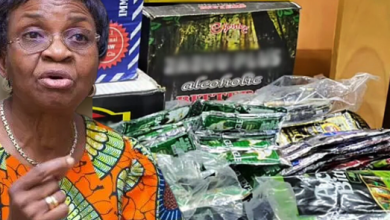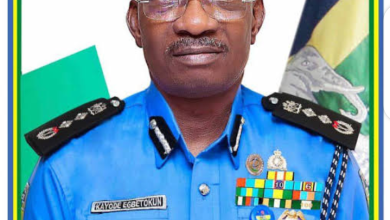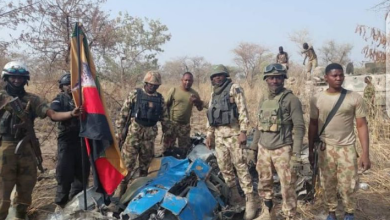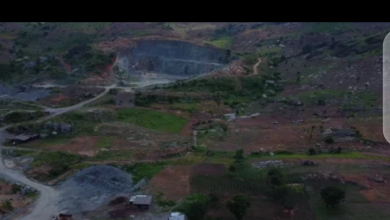Metro
Fr. Atta Barkindo urges end to culture of impunity fueling Jihadist violence in Nigeria

The Executive Director of The Kukah Centre, Fr. Atta Barkindo, has called on the Nigerian government to tackle the culture of impunity that continues to embolden jihadist groups.
Fr. Barkindo warned that failure to address justice, education, and psychological recovery could leave “a generation of young people psychologically broken.”
Speaking on Arise News on Tuesday, Fr Barkindo described Nigeria’s ongoing security and religious violence as a national crisis that has “gone beyond religion and ideology” and evolved into “a political economy of conflict.”
“In Nigeria generally, there is a culture of impunity. It’s not just about the Owo attack.
”Many killings have happened in churches and mosques, but most times, people are not held accountable.
“That has created the space and emboldened the jihadists to continue to massacre people in the way they have done, ” he said.
The priest reacted to remarks by former U.S. President Donald Trump, who accused the Nigerian government of failing to protect Christians and hinted at possible U.S. military intervention.
Fr Barkindo said the primary concern should remain the loss of lives, noting that both Christians and Muslims are victims of terrorism in Nigeria.
“Trump didn’t say Christians are killing Muslims or that he’s coming to fight Muslims in Nigeria.
”The jihadists and terrorists are killing both Christians and Muslims.
“If the intention of the Trump government is to take out terrorists, all Nigerians will benefit because the government isn’t succeeding. For 15 years, nothing has been done, ”
Fr Barkindo recalled the 2022 Pentecost Sunday massacre at St. Francis Xavier Catholic Church in Owo, Ondo State, where 41 people were killed and over 100 injured, describing it as both “a physical and ideological attack” on the Christian faith.
He lamented that three years later, families of victims are still awaiting justice.
The Kukah Centre director also criticised government rehabilitation efforts that focus more on perpetrators than victims, noting that some deradicalised perpetrators are reintegrated into society while victims remain in IDP camps, dependent on handouts.
Beyond physical recovery, Fr Barkindo emphasised the need for psychological support for communities affected by violence, including Dogon Hawa, Zakibia, and Kizara.
He warned that neglect could produce a generation of psychologically traumatized youth.
He recommended national truth-telling initiatives, similar to Rwanda’s Gacaca courts, to address accumulated grievances and promote societal healing.
On the question of U.S. intervention in Nigeria, he advocated for capacity-building support, such as intelligence sharing and military training, rather than direct deployment of foreign troops.
Fr Barkindo also highlighted structural inequalities affecting religious freedom and traditional leadership in parts of northern Nigeria, calling for a national conversation on the kind of country Nigeria wants to be.
He explained that migration and environmental degradation, alongside religious identity, drive conflicts in the Middle Belt.
“People are moving from the far north in search of better living conditions. In that process, identity becomes weaponised,” he said.
Stressing the need for long-term policies, he urged the government to combine security measures with investments in education and economic opportunities to break the cycle of violence.
“This is a God-given period for Nigeria a time to have the difficult conversations we’ve always avoided. We need to decide: what kind of nation do we want to build?” Fr Barkindo said.



